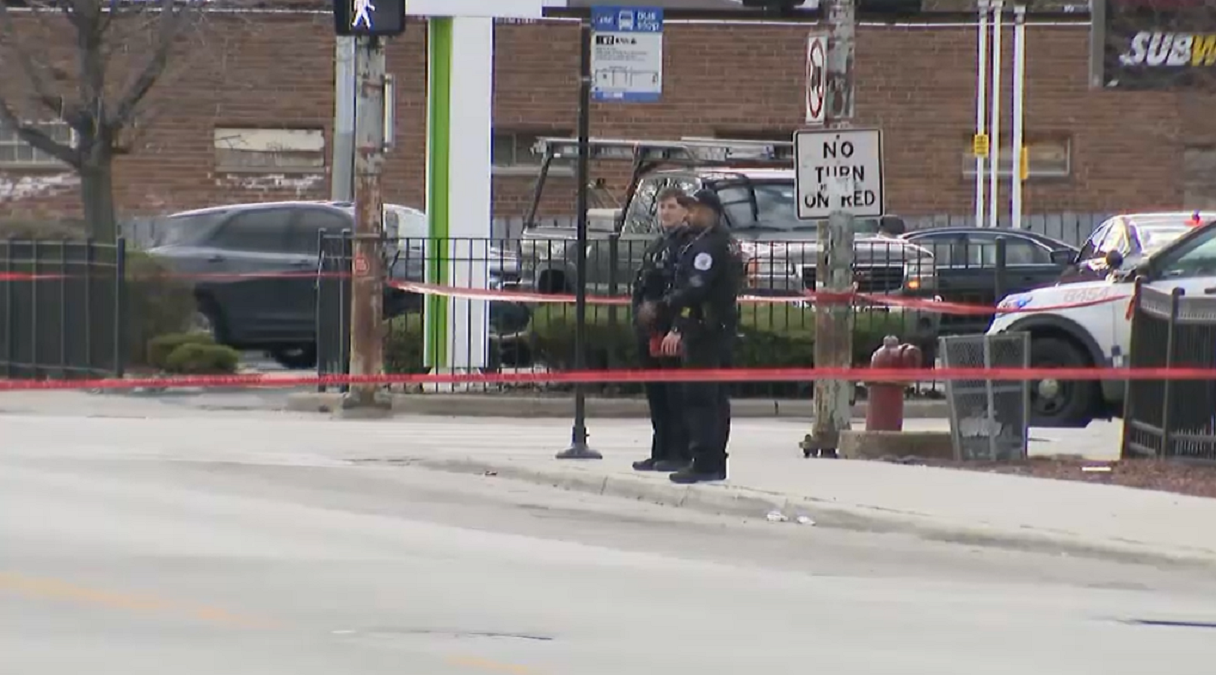It was no surprise to learn that Jo Ann Chiakulas, the juror who refused to convict Rod Blagojevich of selling a U.S. Senate seat, was an African-American. When Blagojevich was governor, blacks were his strongest supporters. By the end of his governorship, they were his only supporters. In late 2008, Blagojevich’s approval rating was 13 percent. Among African-Americans it was 32 percent.
Chiakulas was also a state employee, a toxic combination of liberal leanings that made her inclined to support the governor who signed AllKids and tried to pass the Illinois Covered universal health care plan.
As Carol Felsenthal noted in her blog "Felsenthal Files," allowing Chiakulas on the jury may have been the prosecution’s biggest mistake:
Sources say the holdout juror, an African-American retired state worker who had worked for the Illinois Department of Public Health, should have been dismissed during the jury selection phase, given her background and occupation. One longtime policy wonk who works for a nonprofit in the area of maternal and child health said that, to some who work with (and for) the poor, Blago was a hero—the man who championed legislation to extend health care to all children and their parents.
Furthermore, Blago won fans for appointing many African-American women to senior positions in his administration and in state agencies.
Here’s the problem with trying to block a juror like Chiakulas: the case of Batson v. Kentucky made it illegal to exclude jurors solely because of race. Knowing this, whoever defends Blagojevich in his second trial will no doubt invoke a “Batson challenge” whenever the prosecution tries to strike an African-American juror, even if it’s because that juror is an obvious bleeding-heart liberal.
There is a feeling in some circles that all sensible, respectable folks realize that Blagojevich was guilty, and that Chiakulas was a “rogue juror” who may even have been violating her oath by refusing to vote for a conviction. But Chiakulas might simply have been expressing an opinion that’s common in her community -- that Blagojevich was a good governor who’s been persecuted by the legislature and the U.S. Attorney. A jury is supposed to be composed of a cross-section of the citizenry. In Chicago, that’s going to include liberal, African-American women. They voted for him overwhelmingly in his races for governor, and he repaid their support. Blagojevich may have tainted the jury pool by being a friend to the black community.
Last week, Blagojevich once again won the vote of an African-American woman -- the most important vote he’s ever received. Was that a political chit he earned by spending his career championing issues important to the black community? Maybe so. It was a political trial, and it’s understandable that a juror would have difficulty separating her feelings about Blagojevich the defendant from her feelings about Blagojevich the politician.
Local
It’s been a strong relationship, and there’s no way the prosecution can end it.



